Yukio Mishima: The Death of a Man Hardcover – 2020 by Kishin Shinoyama
HARDCOVER
[96 pages]
PUB:September 29, 2020
Description
In commemoration of the fiftieth anniversary of the death of Yukio Mishima, one of the leading figures in modern literature, The Death of a Man presents a sublime–and often shocking–visual record of the last few months prior to his sensational ritual suicide in November 1970.The author of masterworks such as The Temple of the Golden Pavilion and Forbidden Colors, Mishima, a celebrated figure in postwar world literature, remains a controversial figure in Japan. His reactionary politics and the spectacular nature of his death had so profoundly impacted Japanese society that images associated with the event were never publicly shown.
In the months prior to the November incident, he enlisted Kishin Shinoyama to create a photographic, radical work of fiction, a photo essay on the death of the Japanese everyman. In images often suffused with militarism and eroticism, a parade of men, including a sailor, a construction worker, a fisherman, and a soldier, are shown meeting grisly, dramatic ends.
Published for the very first time, these stylized images of men dying alone serve as prologues to the real-world culmination of Mishima’s pursuit of total art. Locked in a performance with one inescapable end, Mishima offered his own body as its final act.With texts by Mishima and his closest intimates and first-person reminiscences of his final moments, this book promises to be an unprecedented interrogation on the nature of performance and the role of artist as actor, provocateur, and revolutionary.
In the months prior to the November incident, he enlisted Kishin Shinoyama to create a photographic, radical work of fiction, a photo essay on the death of the Japanese everyman. In images often suffused with militarism and eroticism, a parade of men, including a sailor, a construction worker, a fisherman, and a soldier, are shown meeting grisly, dramatic ends.
Published for the very first time, these stylized images of men dying alone serve as prologues to the real-world culmination of Mishima’s pursuit of total art. Locked in a performance with one inescapable end, Mishima offered his own body as its final act.With texts by Mishima and his closest intimates and first-person reminiscences of his final moments, this book promises to be an unprecedented interrogation on the nature of performance and the role of artist as actor, provocateur, and revolutionary.
| Weight | 2 lbs |
|---|---|
| Dimensions | 12 × 9 × 1 in |
| Author | |
| Format | |
| ISBN-10 | |
| Language | |
| Publication Date | |
| Publisher |
Be the first to review “Yukio Mishima: The Death of a Man Hardcover – 2020 by Kishin Shinoyama”
You must be <a href="https://webdelico.com/my-account/">logged in</a> to post a review.

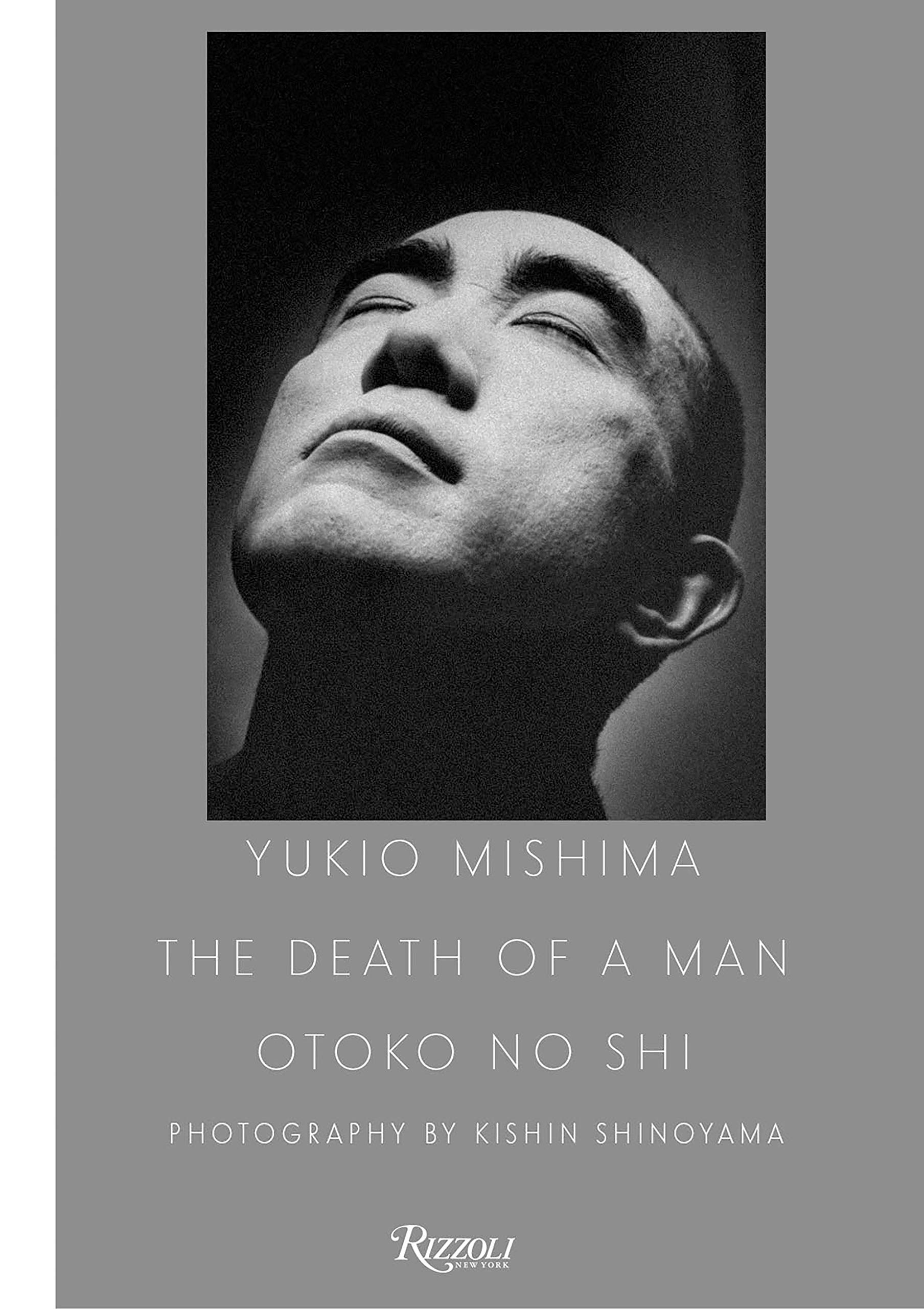


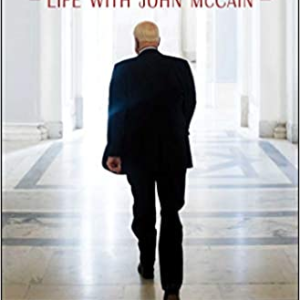
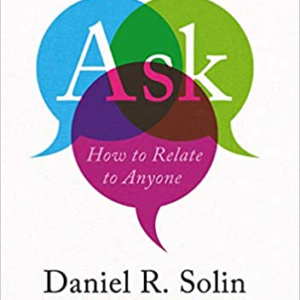
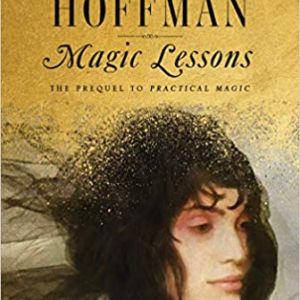
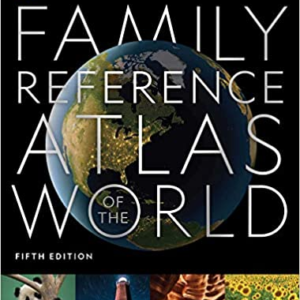
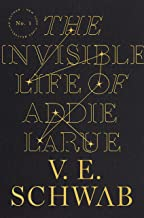

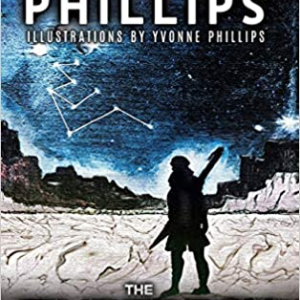
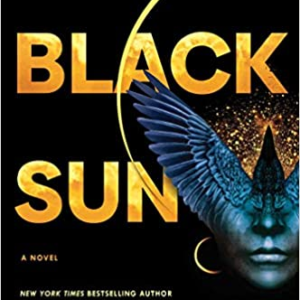
















There are no reviews yet.